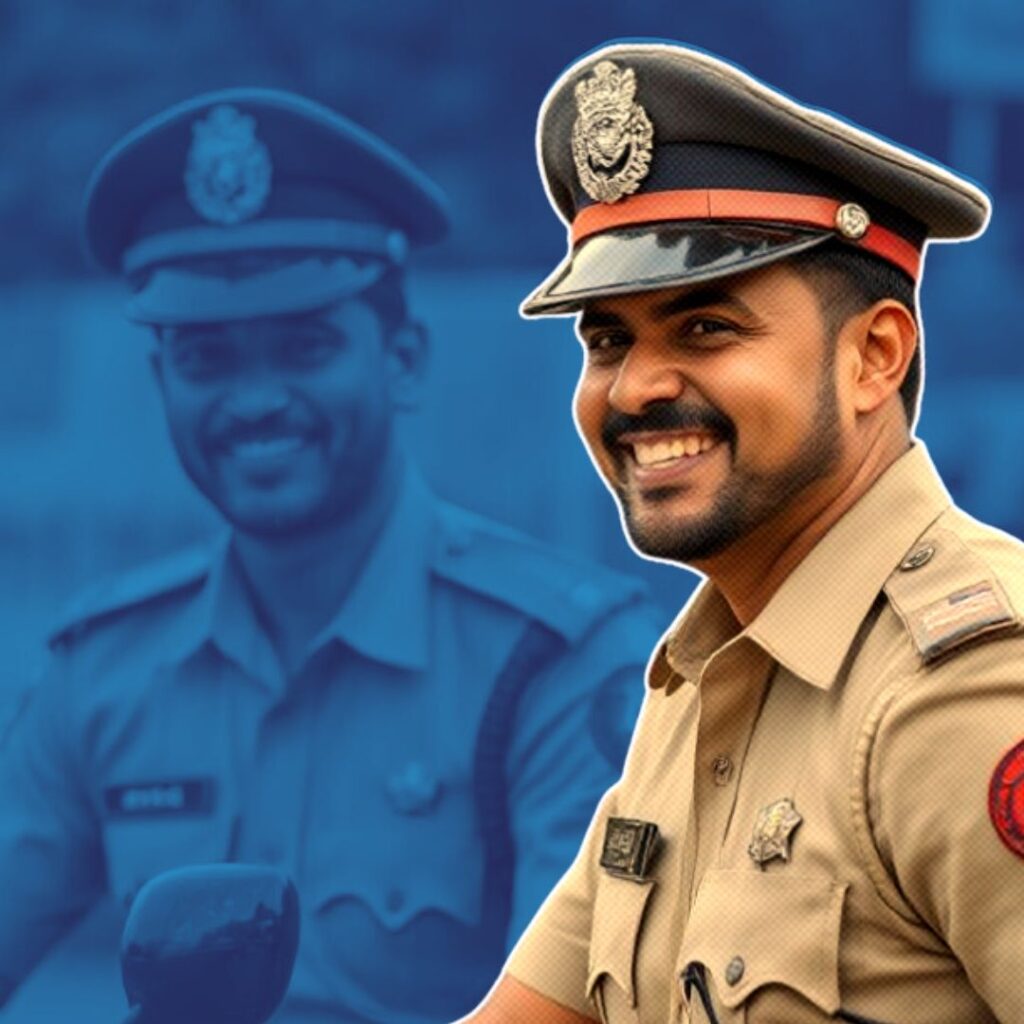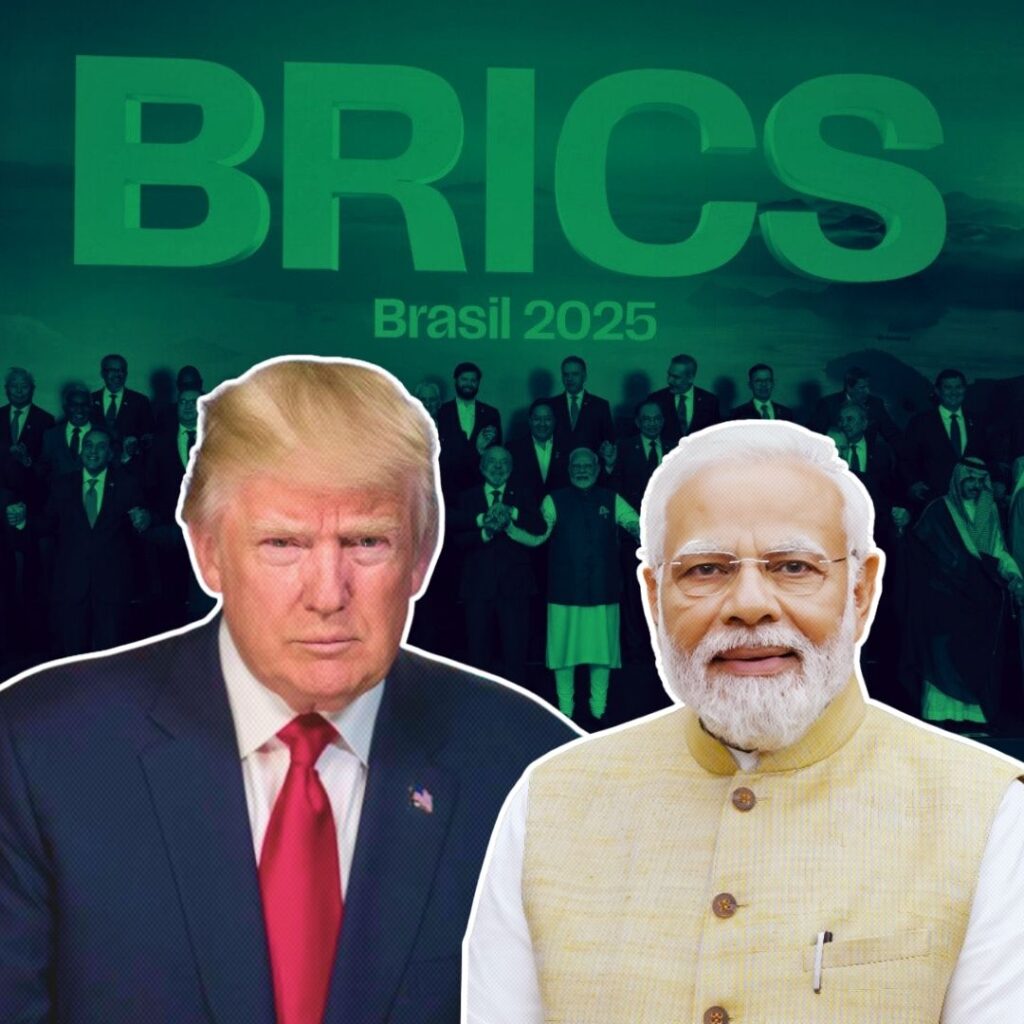In the wake of India’s ICC loss to Pakistan on Sunday, Indian Twitter exploded with agony and hopelessness. Many of us were confident of another win against Pakistan. The loss, by 180 runs, was unprecedented – and brutal.
There is no doubt that cricket is akin to a religion in India. It unites and stirs the passions of millions of people. Unfortunately, it also includes instances when patriotism and jingoism collide.
The line between sportsmanship and stupidity
It goes without saying that Pakistan is not like any other competitor for India. Decades of sportive animosity mixed with a long history of political and military clashes have made Pakistan an opponent like no other. An India-Pakistan (cricket) match is not only a game; it is a billion-viewer mega-thrilling tour de force. We South Asians sure do love our cricket.
But is there a line beyond which love for sports becomes extreme and inexcusable?
Yes. And, luckily, that line is easy to distinguish. It is when love for your team blurs the line between decency and barbarism. It is when one’s definition of patriotism mandates abusing on the internet, burning photographs, and making threats.
Sadly, many of us have already crossed that easy-to-recognise line. In Kanpur, people burnt photographers of our cricketers in public; in Ranchi, additional security personnel had to be deployed outside MS Dhoni’s house out of fear of public outrage; in Haridwar, people broke TV sets out of frustration and wrath after Pakistan won the match.
People protest in Kanpur as India lose to Pakistan in the Champions Trophy Final #CT17 #INDvPAK pic.twitter.com/jyIAJZV5TK
— ANI UP (@ANINewsUP) June 18, 2017
Ranchi (Jharkhand): Security personnel deployed outside MS Dhoni’s residence after Pakistan win Champions Trophy Final #CT17 #INDvPAK pic.twitter.com/7KyCMr1wgH
— ANI (@ANI_news) June 18, 2017
#INDvPAK: Locals break TV sets after Pakistan win Champions Trophy final against India. Visuals from Kanpur(UP) & Haridwar (Uttarakhand) pic.twitter.com/DCet1MbnEX
— ANI (@ANI_news) June 18, 2017
That’s not to say that there were no instances of heartwarming unity and sportsmanship. Sports persons and veterans from both countries congratulated each other on the game and hoped for more encounters between the two teams. Indian captain Virat Kohli said, “I want to congratulate Pakistan, they had an amazing tournament, the way they turned things around, speak volumes for the talent they have. They proved it again, they can upset anyone on their day, disappointing for us but I have a smile on my face because we played well to reach the final.”
Meanwhile, former Pakistan captain Rashid Latif said that India and Pakistan should play more often: “There should be more Test matches, ODIs, T20 Matches between both sides. Pakistani players should play in IPL and Indian players should play in PSL … We respect all Indians and people from India love us too.”
Wow wow wow unbelievable performance by team green. It feels like deja’vu after winning the 1992 WCup. I am over the moon #PakistanZindabad
— Wasim Akram (@wasimakramlive) June 18, 2017
Congratulations Pakistan on a really comprehensive victory today. Well played, deserved winners and a great result for Pakistan cricket.
— Virender Sehwag (@virendersehwag) June 18, 2017
#SpiritOfCricket #CT17 #PAKvIND pic.twitter.com/G2wAmKkmxO
— ICC (@ICC) June 18, 2017
But have we become so blindly obsessed with cricket that we mistake bellicose jingoism for sportsmanship?
In the guise of cricketing rivalry, some of us justify aggression and mindlessness. Besides the above-mentioned cases of vandalism in Kanpur and Haridwar, some of us have called for our players to be banned while others booed our men in blue after the match for all the world to see. On top of this are the endless petulant abuses and insults hurled on Twitter and Facebook at players and commentators and supporters from across the border.
Such an atmosphere seems normal because we have normalised it. We forget that such childishness and thanklessness embarrass only us in the end because the world is laughing at us. In victory, we treat our players like gods; in defeat, we thrash them “like murderers and terrorists”.
That is not patriotism. That is blatant, shameless hypocrisy.
The line between patriotism and jingoism
When our own players are being professional – in victory and defeat – why are we behaving like insecure, prideless punks? That is not to say that all cricket fanatics are jingoists. Indeed, we can safely assume that the majority of cricket fans in India are sportive in both victory and defeat; they have the ability to rejoice in an Indian victory and the humility to congratulate Pakistan when they win.
What is patriotism? Blinding love for one’s country? Or undying love for one’s country that is not blind to the differences between patriotism and jingoism? We would prefer the latter…











